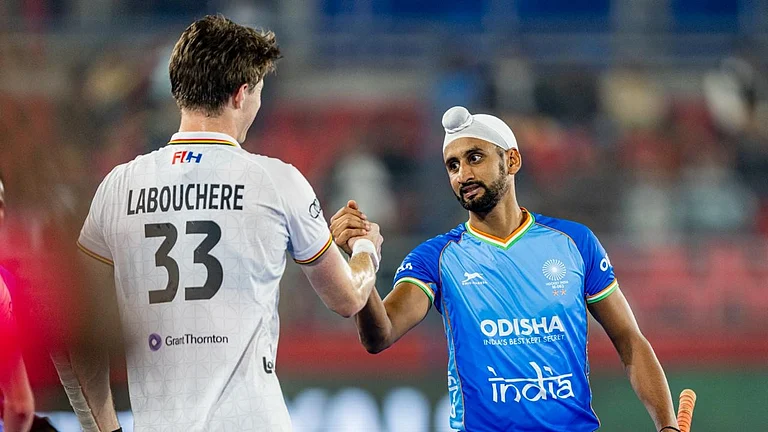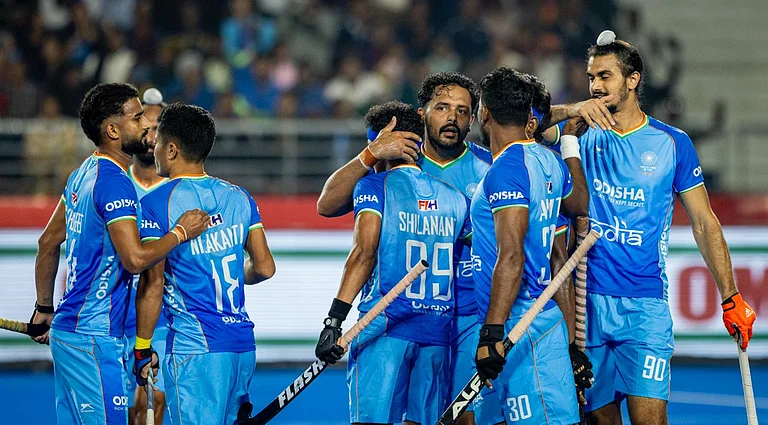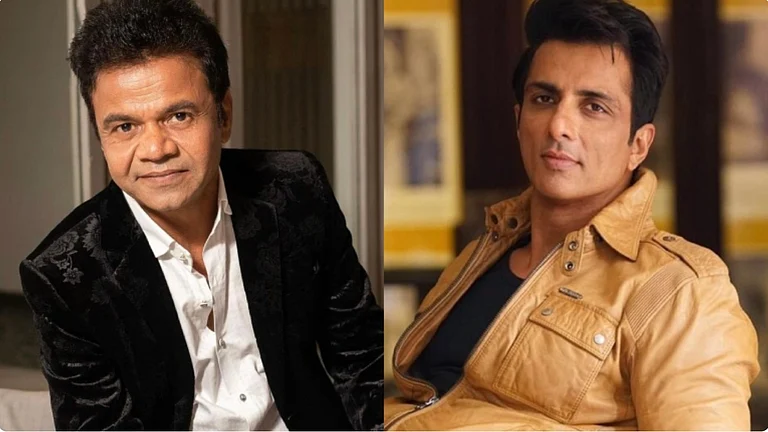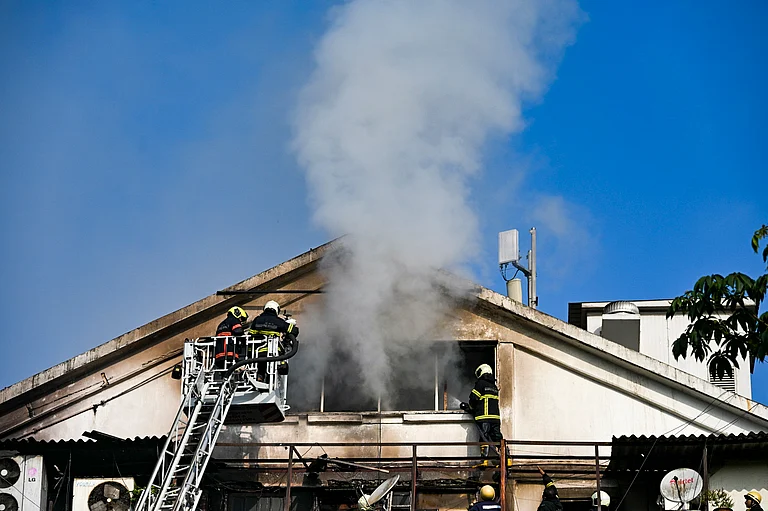
Summary of this article
MHA detailed medical, legal and living safeguards at Mumbai’s Arthur Road Jail to address human rights concerns in extradition proceedings.
Belgian courts will now assess the guarantees as part of the CBI-led fraud case against Choksi, a key accused in the PNB scam.
The Union Ministry of Home Affairs (MHA) has formally conveyed to the Ministry of Justice of Belgium, as well as the relevant Belgian judicial authorities, a detailed assurance note outlining the detention conditions for businessman Mehul Choksi should he be extradited to India in connection with the ongoing bank fraud case.
According to ANI, the guarantees were issued by the MHA in consultation with the Maharashtra government and prison officials. They lay out clear material, medical, and procedural safeguards meant to address human rights concerns flagged during extradition hearings.
The undertaking was submitted as part of India’s request for Choksi’s surrender in the Central Bureau of Investigation (CBI) matter. He faces charges under several provisions of the Indian Penal Code (including Sections 120-B, 409, 420, 477A, and 201) along with sections of the Prevention of Corruption Act, 1988.
By specifying the detention facility, space allocation, health care arrangements, and oversight mechanisms, New Delhi aims to reassure Belgian judges that minimum international standards would be upheld.
The MHA identified Barrack No. 12 at Mumbai’s Arthur Road Jail as the designated site for Choksi’s custody. The barrack, with a maximum capacity of six inmates, currently has two vacant cells. Each detainee is promised at least three square metres of personal space, excluding furniture, in line with norms cited by the Council of Europe’s Committee for the Prevention of Torture.
Sleeping facilities include a clean cotton mattress, pillow, sheet, and blanket. Beds of metal or wood can be provided if prescribed by doctors or ordered by courts. The cells feature grilled windows, ventilators, ceiling fans, attached toilets and bathrooms with partitions, and receive routine cleaning, pest control, and municipal water supply.
“Detainees will receive adequate food three times daily, with accommodations for special dietary needs subject to medical approval. A jail canteen and provisions such as fruits and basic snacks are also available. Daily outdoor exercise is permitted in an open-to-sky yard, and indoor recreation includes board games and casual badminton. The jail also offers yoga, meditation, and access to a library and reading materials,” the letter said.
Health support includes a 24-hour medical facility staffed with six doctors, nurses, pharmacists, and lab technicians, backed by a 20-bed prison hospital with ICU capacity. Emergency referrals go to Sir JJ Group of Hospitals, about three kilometres away. Detainees may also opt for private care at their own expense. The MHA added that Choksi’s existing medical history would be taken into account, with equipment and therapies provided free if medically recommended.
Barrack No. 12 is separated from the main jail complex and under constant CCTV surveillance, staffed by officers round the clock. It is used to house non-violent, primarily economic offenders, and described as free from crowding or abuse.
Legal access is ensured through daily lawyer visits (except Sundays and holidays), weekly family meetings, and telecommunication facilities including video calls.
The MHA stressed that these assurances represent a sovereign undertaking, agreed with the state government and prison department, and cannot be overridden by administrative or judicial discretion.
Oversight includes monitoring by prison officials, inspections by the National and State Human Rights Commissions, and judicial supervision. Complaints of mistreatment can be investigated with remedies provided where necessary. Staff are also subject to structured training: six months for guards, one year for officers, with refresher courses and sessions incorporating yoga and meditation to promote discipline.
This framework was presented to help Belgian courts assess compliance with international obligations, particularly Article 3 of the European Convention on Human Rights, which prohibits torture and inhuman or degrading treatment. Such undertakings are common in extradition cases.
Proceedings in Antwerp’s Chambers of Indictment, where the extradition case is advanced, will now weigh these guarantees alongside the legal requirements. If accepted, Choksi may be extradited to India to face trial in the CBI case, with the assurances forming a key part of judicial scrutiny.
Choksi, who was detained in Belgium in April following India’s request, is among the primary accused in the Punjab National Bank fraud, alongside his nephew Nirav Modi.
(with ANI inputs)

























